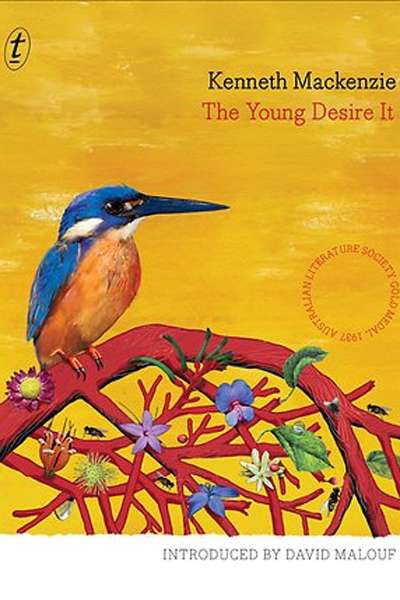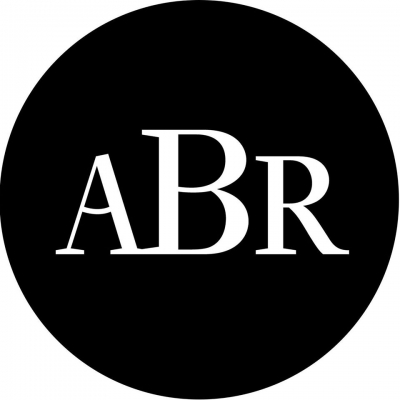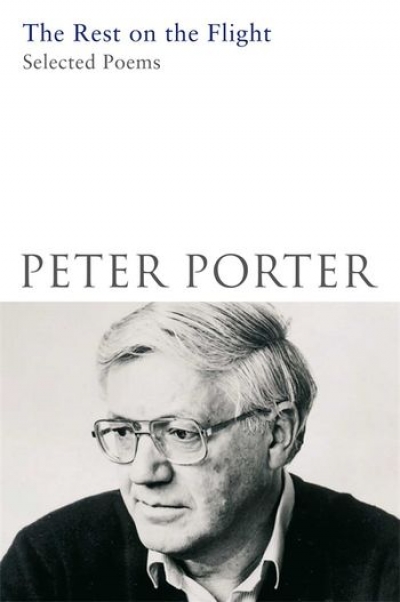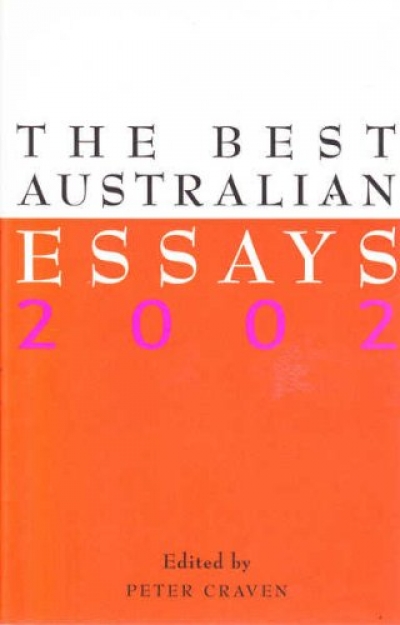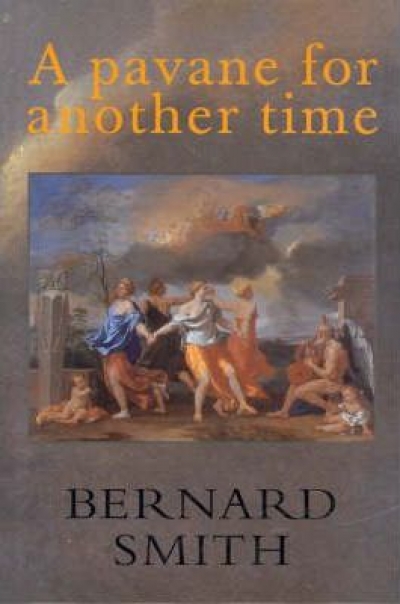Peter Craven
Leading arts critics and professionals nominate some of their favourite performances for 2014.
... (read more)Books of the Year is always one our most popular features. Find out what our 41 contributors liked most this year – and why.
... (read more)
No statues for critics
Dear Editor,
I am sorry that Judith Armstrong should have such difficulty following my point that criticism is in some sense bound to fail because it is a secondary exercise (October 2010). It was Bartók, I think, who remarked that no one ever erected a statue in honour of ...
The Wheeler Centre recently hosted ‘four provocative nights’ based on the assertion that Australian criticism of film, theatre, books and the visual arts is, in its own words, ‘failing us all’. The series was entitled ‘Critical Failure’. For ABR readers unable to attend, here is one person’s account of the books-related panel.
... (read more)In James Joyce’s Ulysses, Shakespeare is referred to as the happy hunting ground of all minds which have lost their balance. He is also referred to by Buck Mulligan, even less reverently, though with a distinct nationalist tilt, as ‘Shakespeare. I seem to recall the name. Ah, to be sure, the fellow who writes like Synge.’ Well, there probably are analogies between the greatest of all dramatists, who could also, as Donald Davie pointed out, use any word in the language he chose (and hence manipulated an extended diction), and the chap who set the Abbey Theatre stage on fire with the dynamic stylisation of Irish peasant speech in The Playboy of the Western World. Just as there are analogies between the poet who could write King Lear and the lonely Jesuit who wrote, ‘O the mind, mind has mountains: cliffs of fall / Frightful, sheer no-man-fathomed: / Hold them cheap may who ne’er hung there’, and all those tragic sonnets. Not to mention the fellow who posed in front of the bookshop sign in Paris.
... (read more)
